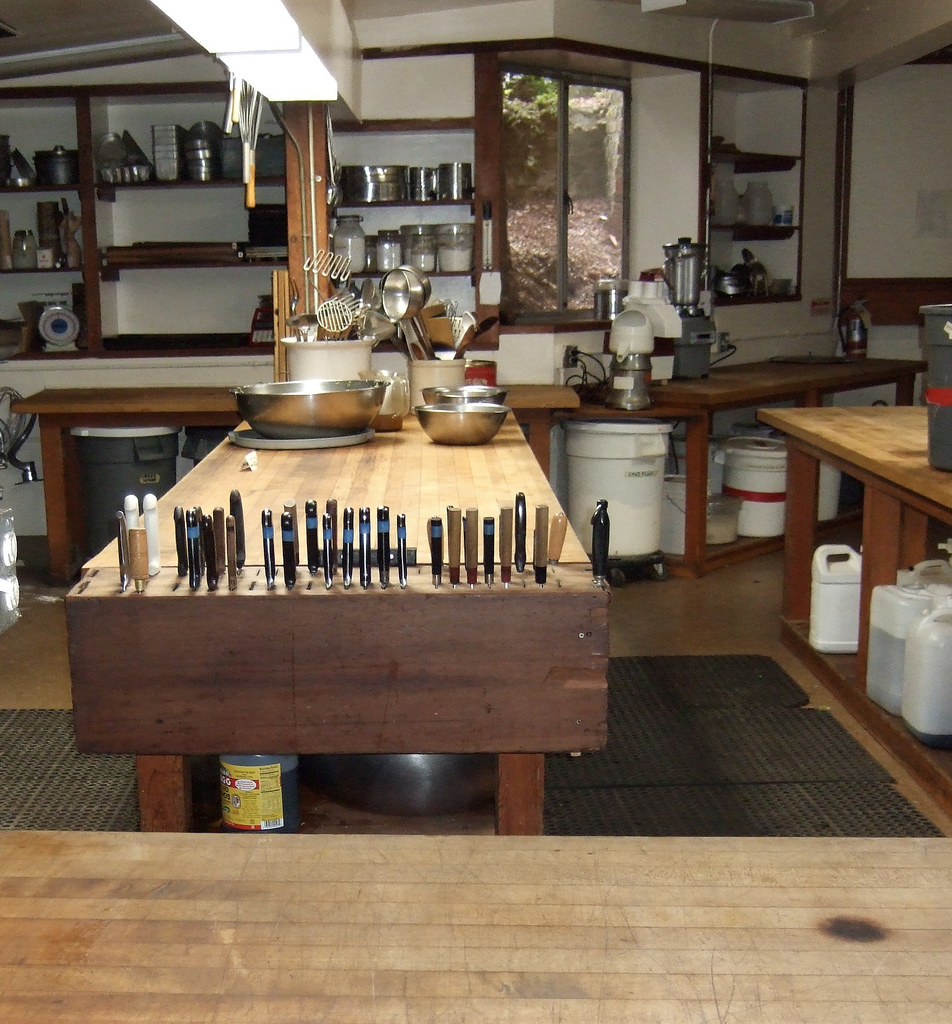
Food and Beverage (F&B) Production refers to all the processes involved in making food and drink products from raw materials, processing them, packaging, and delivering them to consumers. It encompasses both manufacturing at scale (factories, processing plants) and the preparation side in hospitality (restaurants, hotels, catering).
KEY FACTORS TO CONSIDER: -
-
Food Safety & Hygiene: Maintaining standards to avoid contamination and illness.
-
Traceability: Knowing where ingredients came from, managing supply chain transparency.
-
Efficiency & Waste Reduction: Minimizing loss through careful inventory, forecasting demand, optimizing processes.
-
Technology & Automation: Using systems (ERP, MES), sensors, automation to improve control, reduce errors, increase consistency.
-
Regulatory Compliance: Meeting laws and standards (food safety, labeling, hygiene).
-
Adaptability to Market & Consumer Trends: Health, sustainability, packaging, flavors etc.
- Teacher: Colleta Vicheti